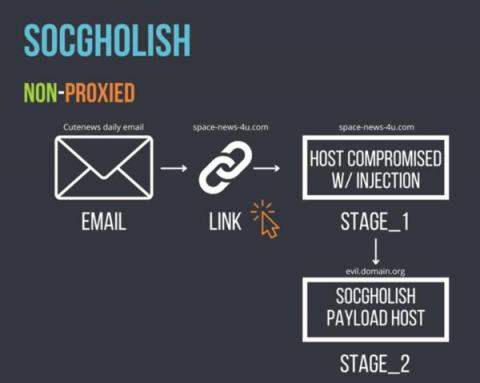What are AI Phishing Attacks?
What are AI Phishing Attacks? AI phishing attacks, also known as AI-powered phishing or AI-driven phishing, are sophisticated cyberattacks that leverage artificial intelligence and machine learning algorithms to craft and execute highly convincing phishing attempts. These attacks are designed to deceive individuals or employees into divulging sensitive information, such as login credentials, financial details, or personal data. How Do AI Phishing Attacks Work?




